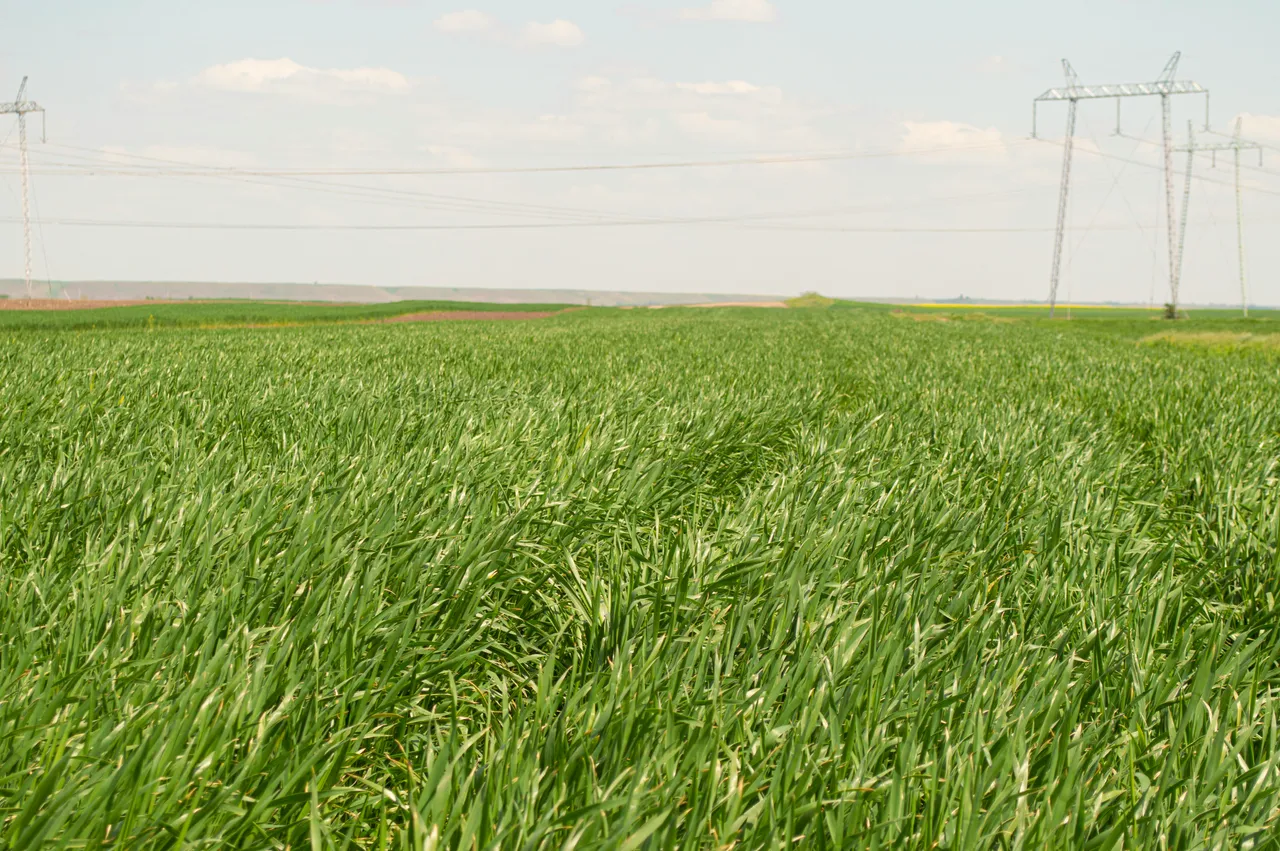Heirloom vs. Hybrid: Understanding the Seeds of Agriculture
Heirloom and hybrid seeds represent the diversity and innovation within agriculture, each playing a unique role in farming and gardening. Understanding these differences is crucial for any agriculturist aiming to make informed choices about what to plant for the upcoming season. Let's delve into the distinct characteristics and advantages of heirloom and hybrid seeds to better understand the seeds of agriculture.
Heirloom Seeds: Preserving History and Flavor
Heirloom seeds are varieties that have been passed down through generations, often over a period of 50 years or more. These seeds are open-pollinated, meaning they rely on natural methods of pollination such as wind, insects, or birds. The primary advantage of heirloom seeds is their ability to produce plants that are true to type, allowing gardeners and farmers to save seeds from year to year with consistent results.
Heirloom varieties are celebrated for their rich flavors and unique characteristics. They offer a diversity of tastes, colors, and textures not commonly found in commercial agriculture. Moreover, growing heirloom plants supports biodiversity and helps preserve genetic variety, which is crucial for the resilience of our food systems.
Hybrid Seeds: Engineered for Success
Hybrid seeds are the result of controlled cross-pollination between two different parent plants, aiming to produce an offspring (or hybrid) that contains the best traits of both parents. These seeds are specifically designed to enhance certain desirable qualities such as yield, disease resistance, and uniformity in growth.
While hybrid seeds can offer more predictable outcomes and often higher yields, they come with a drawback: the seeds from hybrid plants typically do not produce true to type in subsequent generations. This means farmers and gardeners need to purchase new seeds each year, which can be a disadvantage in terms of sustainability and cost.
The Debate: Heirloom vs. Hybrid
The choice between heirloom and hybrid seeds often comes down to the goals and values of the gardener or farmer. Heirloom seeds may appeal to those looking to preserve history, enjoy a wider variety of flavors, and support biodiversity. On the other hand, hybrids may be preferred for their vigor, productivity, and the ability to thrive in specific growing conditions.
It's important to note that neither type is inherently 'better' than the other. Both heirloom and hybrid seeds have their place in agriculture, and the choice should be based on the specific needs and priorities of the grower.
Making the Choice
When deciding between heirloom and hybrid seeds, consider your gardening or farming objectives. Are you looking to experiment with diverse and potentially unique varieties, or are you aiming for a high-yield, uniform crop? Think about your commitment to sustainability, your budget, and your willingness to save seeds for future planting.
By understanding the distinctions between heirloom and hybrid seeds, you can make informed decisions that align with your agricultural goals. Whether you're preserving a piece of history in your garden or pushing the boundaries of productivity on your farm, the seeds you choose play a pivotal role in the journey of agriculture.
This article was developed using available sources and analyses through an automated process. We strive to provide accurate information, but it might contain mistakes. If you have any feedback, we'll gladly take it into account! Learn more

